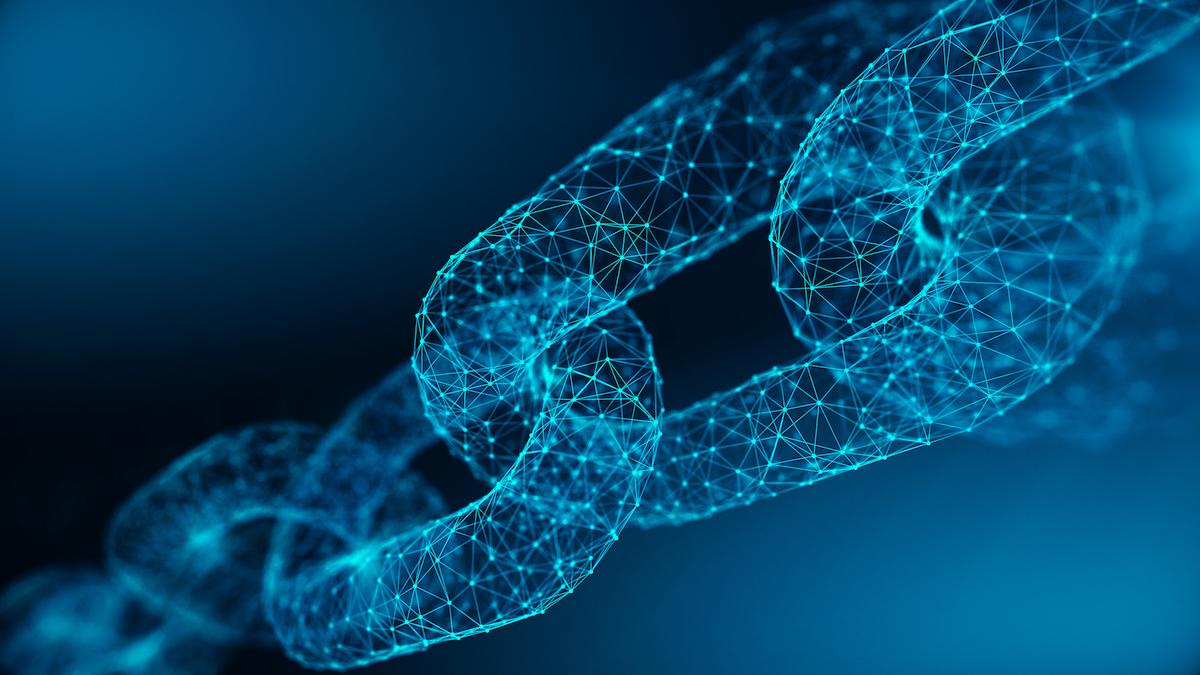Crypto Firm Claims Major Breakthrough with New AI Powered Blockchain System
Crypto Firm Claims Major Breakthrough with New AI Powered Blockchain System
By
Leah Rosenfeld
Last updated:
October 24, 2025
First Published:
December 2, 2025

A New Era of Intelligent Blockchain
A leading cryptocurrency technology firm has announced what it calls a groundbreaking advancement in blockchain design. The company revealed its new AI powered blockchain system, a platform that merges machine learning with decentralized ledgers to improve scalability, security, and energy efficiency. This innovation could redefine how data is verified, processed, and shared across global networks, signaling the dawn of a more intelligent blockchain ecosystem.
The Vision Behind the Integration
The firm’s core objective is to address long standing challenges in blockchain such as transaction delays, high computational costs, and network congestion. By integrating artificial intelligence, the system can predict traffic loads, optimize block creation, and allocate resources in real time. This dynamic approach enables faster confirmations while reducing redundant computations, something traditional blockchains have struggled to achieve.
How AI Enhances Blockchain Efficiency
Artificial intelligence allows the network to analyze transaction patterns and adjust its consensus mechanisms accordingly. Instead of applying uniform algorithms across all nodes, the system can identify trusted validators and streamline the process. This not only saves time but also reduces power consumption. By learning from data, the AI system continually refines its performance, becoming smarter and more efficient with every new transaction.
Security Strengthened Through Machine Learning
Security remains a top priority in the world of digital assets. The new blockchain platform leverages machine learning to detect and prevent potential breaches before they occur. It can recognize unusual activity patterns, flag suspicious transactions, and isolate compromised nodes within seconds. This predictive capability provides an additional layer of defense against fraud and cyberattacks, enhancing trust across the ecosystem.
Energy Efficiency and Environmental Impact
One of the most promising aspects of the AI powered blockchain is its energy management. Traditional mining and validation processes require enormous amounts of electricity. The new system intelligently redistributes computational tasks to reduce energy consumption by identifying low power opportunities during network operation. This approach aligns with global efforts to create sustainable digital economies and could attract environmentally conscious investors.
Bridging Data Science and Decentralization
The integration of AI into blockchain is more than a technical upgrade; it represents a philosophical shift. It brings together two of the most transformative technologies of the century, blending data intelligence with distributed trust. The system can process large datasets, make autonomous decisions, and even forecast market trends based on transactional behavior. This opens up new opportunities for applications in finance, supply chain, and governance.
Potential Use Cases and Industry Adoption
Developers are already exploring real world applications for the AI powered blockchain. In decentralized finance, the system could automatically adjust interest rates based on liquidity patterns. In logistics, it could track shipments and predict delivery bottlenecks. Even in digital identity management, the platform’s learning algorithms could enhance verification processes while maintaining user privacy. The potential extends far beyond the crypto market itself.
Challenges and Skepticism Remain
Despite its promise, the technology faces skepticism from traditional blockchain purists. Some argue that adding AI may compromise decentralization by giving too much control to algorithmic models. Others question the transparency of machine learning processes in systems designed for openness. The company has acknowledged these concerns and claims to be working on ensuring verifiable AI actions that align with blockchain’s fundamental principles.
Market Reactions and Investor Interest
Following the announcement, the company’s token price experienced a noticeable surge, reflecting growing investor enthusiasm. Industry experts view this development as a potential turning point that could inspire similar innovations across the sector. The combination of AI and blockchain is being seen not as a gimmick but as a natural evolution of technology designed to solve practical problems.
A Glimpse Into the Future of Digital Trust
If successful, this AI powered blockchain system could redefine how humanity interacts with digital information. It merges intelligence with immutability, efficiency with transparency, and automation with accountability. As the lines between data science and decentralized technology continue to blur, innovations like this one are paving the way for smarter, greener, and more secure digital economies.
Popular articles
Subscribe to unlock premium content
Disney’s Timeless Magic and How the Entertainment Giant Continues to Shape Culture and Innovation

Imran Khan’s Economic Missteps Amid Political Chaos in Pakistan

The Philippines’ Digital Shift How Remittances and BPO Are Fueling Growth

Disney’s Timeless Magic and How the Entertainment Giant Continues to Shape Culture and Innovation

Imran Khan’s Economic Missteps Amid Political Chaos in Pakistan

Disney’s Timeless Magic and How the Entertainment Giant Continues to Shape Culture and Innovation









